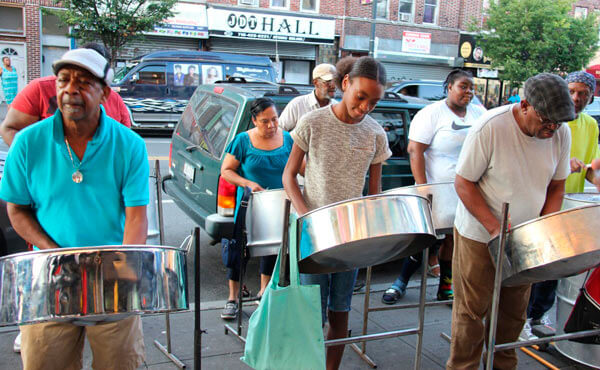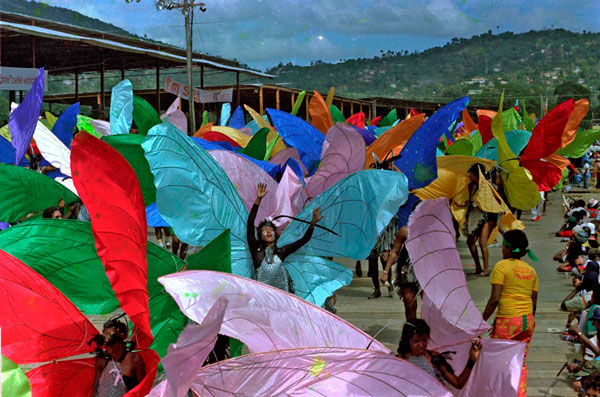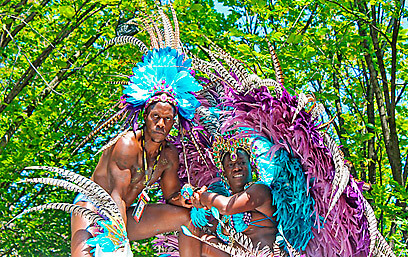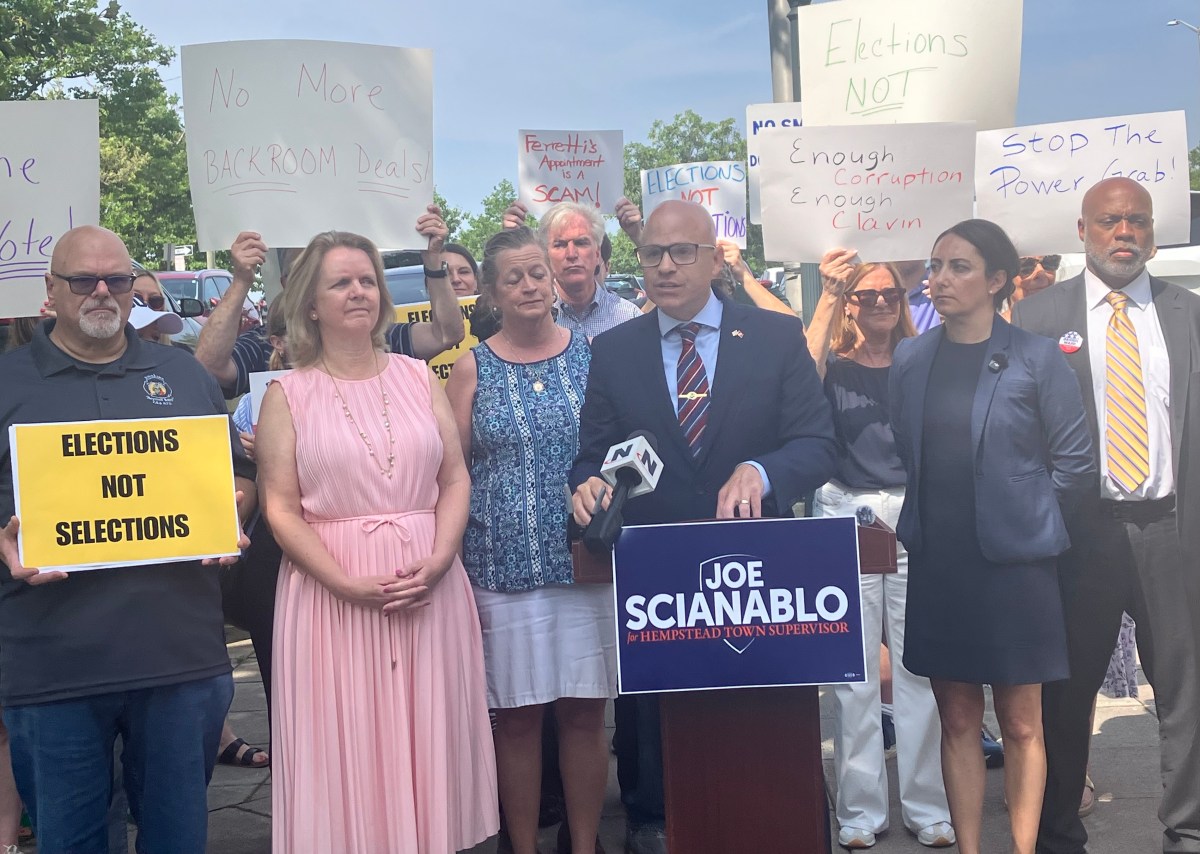During the early morning hours of Sept. 5, two innocent bystanders lost their lives, and two others were injured in shootings during the pre-dawn carnival festivities known as J’Ouvert. The two victims, 17-year-old Tyreke Borel and 22-year-old Tiarah Poyau, were like many others, including myself, celebrating the start of Carnival in the annual tradition.
As a city and community, it’s important we take this time to mourn their deaths and reflect on how and why incidents like these continue to take place; both in the context of J’Ouvert, but also in the context of the overall gun culture that prevails in this country.
This year there was a concerted effort by the administration, NYPD, elected officials, community groups and clergy to provide and coordinate additional resources aimed at public safety.
While the attention and focus on encouraging safety during J’Ouvert and the annual West Indian Day parade is needed and appreciated, we cannot divorce the violence that occurs during that time, with the violence that takes place in the City throughout the year. To do so is foolish at best, and willfully ignorant at worst. In fact and unfortunately a similar discussion could be happening after any weekend of the summer.
The primary response from many has been to “cancel” the event. The first question is: what exactly are you canceling? The only assumption that can be made is perhaps to cancel the parade. Therein lies much confusion. There is a parade event that happens on J’Ouvert morning.
There isn’t a parade or event called J’Ouvert. That morning, tens of thousands of people take to the streets to celebrate the beginning of carnival.
The only way to cancel J’Ouvert is to implement some sort of martial law or curfew. Now the question becomes why only J’Ouvert? Why not the 4th of July or Memorial Day, where historically significantly more New Yorkers have been shot?
Perhaps all holidays that include people out in mass, invite this type of trouble, which sadly seems to always be the case.
I would be remiss not to point out the call to end specific types of celebrations for years. These include the more familiar carnival on Eastern Parkway, the events that precede nightly at the Brooklyn Museum, and the African Drum circles in the park; with last two examples having had not one incident of violence.
Those of us who hesitate at “canceling” J’Ouvert aren’t doing so because we don’t care about the lives lost. On the contrary, we care enough not to allow people, many of whom have not worked on gun violence or issues around J’Ouvert, to propose simple solutions that will not solve the problem. Those of us who do work on these issues welcomed all of this year’s changes and welcome many of the suggestions made, and hope to hear more after the families of those we lost have been supported and mourned.
Getting rid of the parade or J’Ouvert does not get rid of the violence. If the perpetrators of these crimes were brazen enough to pull a gun out and shoot someone, only feet away from police officers in a well-lit area, these same individuals will commit these crimes in the community regardless, as evidenced by the shootings that took place the same day in Harlem and on the days before and after J’Ouvert.
If we do not come together with realistic plans for that evening and beyond, we run the risk of giving the impression to the public that gun violence is not tolerated only some of time and in only some locations, while not earnestly addressing the body count plaguing these communities.

























